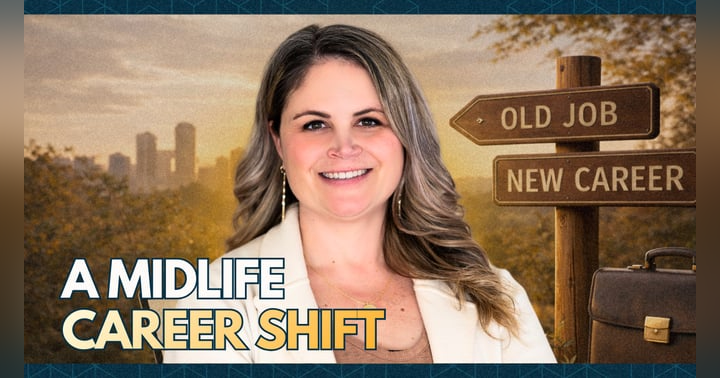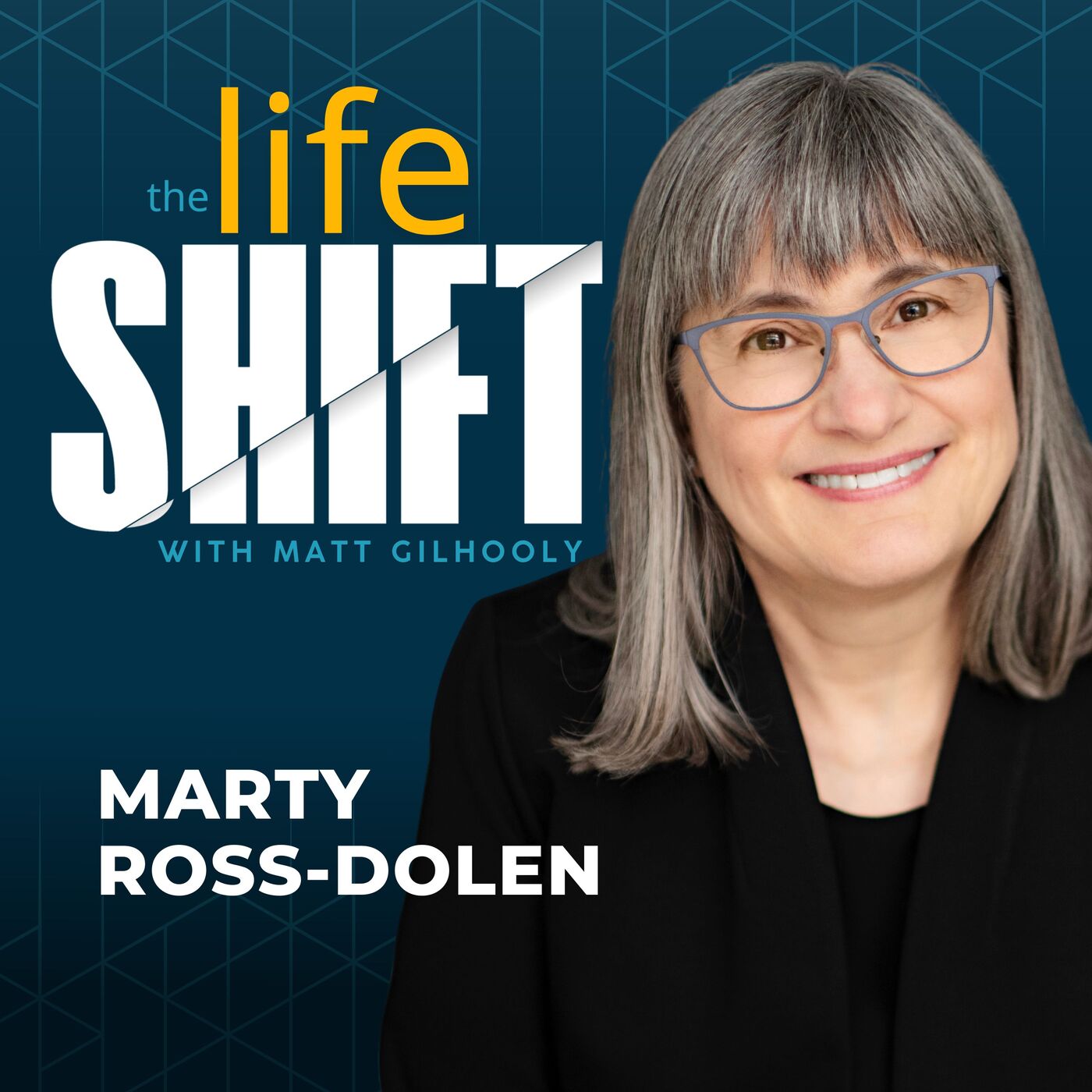How Marty Ross-Dolen Found Healing After 9/11 and Generational Grief

The Day Everything Changed
On September 11, 2001, Marty Ross-Dolen was standing in her bedroom in Albany, New York. Her young children were downstairs, and the news played on the TV as the towers fell. In that moment, Marty realized something she never expected: it was time to walk away from the career she had built her whole life.
For as long as she could remember, Marty had wanted to be a doctor. She trained in psychiatry, worked in crisis care in New York City, and was raising two children while balancing the demands of medicine. Yet as she watched the world change on 9/11, she felt something shift inside. The job she had worked toward for decades no longer fit the life she wanted.
Listening to the Quiet Voice
Marty describes that moment as a turning point. She had always felt torn between her career and her desire to be fully present for her children. Watching the towers collapse made that tension impossible to ignore. It was as if her inner voice, long muted by expectations and responsibility, finally became too loud to push aside.
What struck me most in our conversation was how clearly she remembered the decision. It was not about abandoning her education or her passion for psychiatry. It was about choosing to live in alignment with what mattered most to her. Marty later told me, “Everybody has the right to change their mind. It doesn’t matter your age, your career, or the years you’ve already invested. This is your life, and you have to live it the way it’s meant to be lived.”
That truth resonated deeply with me. Too often, we think our choices are permanent, especially when we’ve worked hard to get where we are. Marty’s story is a reminder that changing direction can be an act of courage and self-compassion.
The Weight of Generational Grief
Marty’s shift was not only about career and family. It was also tied to a deeper thread of grief running through her family. In 1960, when her mother was just fourteen years old, her grandparents died in a plane crash while traveling from Columbus to New York. The crash left her mother and her siblings in the care of relatives, and the grief of that loss carried silently through generations.
Growing up, Marty watched her mother struggle with unresolved sorrow. Conversations about the accident rarely happened, and the silence itself became part of Marty’s childhood. Years later, as she reflected on her decision to leave psychiatry and her pull toward writing, she began to see the connection between her own life choices and the legacy of loss her family carried.
Her memoir, Always There, Always Gone: A Daughter’s Search for Truth, became the place where she processed that history. Through letters, family stories, and her own reflections, she pieced together a portrait of her grandmother she never knew. Writing gave her a way to meet her grief with compassion and to make sense of the silence that shaped her.
Why Our Stories Matter
One of my favorite parts of hosting these conversations is noticing how universal certain feelings are. Marty’s story is unique, but the themes are familiar. The pressure to follow a fixed path. The struggle of balancing family and work. The silence of grief lingers when no one has the tools to talk about it.
Even though most of us haven’t lived through the exact moments Marty has, we know what it feels like to question our direction. We know the pull of wanting to change when it feels too late. And we know how heavy it can be to carry emotions that were never fully spoken.
That’s why telling our stories matters. Every time someone shares their truth, it gives others permission to reflect on their own. Marty didn’t just write her memoir for herself. She wrote it for anyone who has felt torn, anyone who has wondered if they were allowed to change their mind, and anyone who has lived with unspoken grief.
Choosing to Begin Again
What I carried from this conversation was the idea that starting over is not a failure. Marty walked away from psychiatry, but she didn’t erase her past. Instead, she built a new life on top of what came before. She used her training, her sensitivity, and her experiences to create something new.
It’s a lesson worth remembering: we are never too far down one path to choose another. Change is always possible, even if it comes decades later.
If Marty’s story sparks something for you, I invite you to listen to the full conversation on The Life Shift Podcast.














